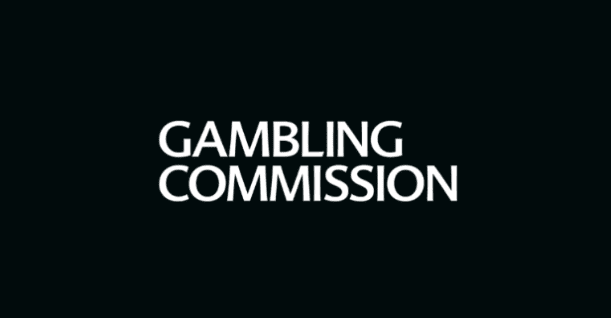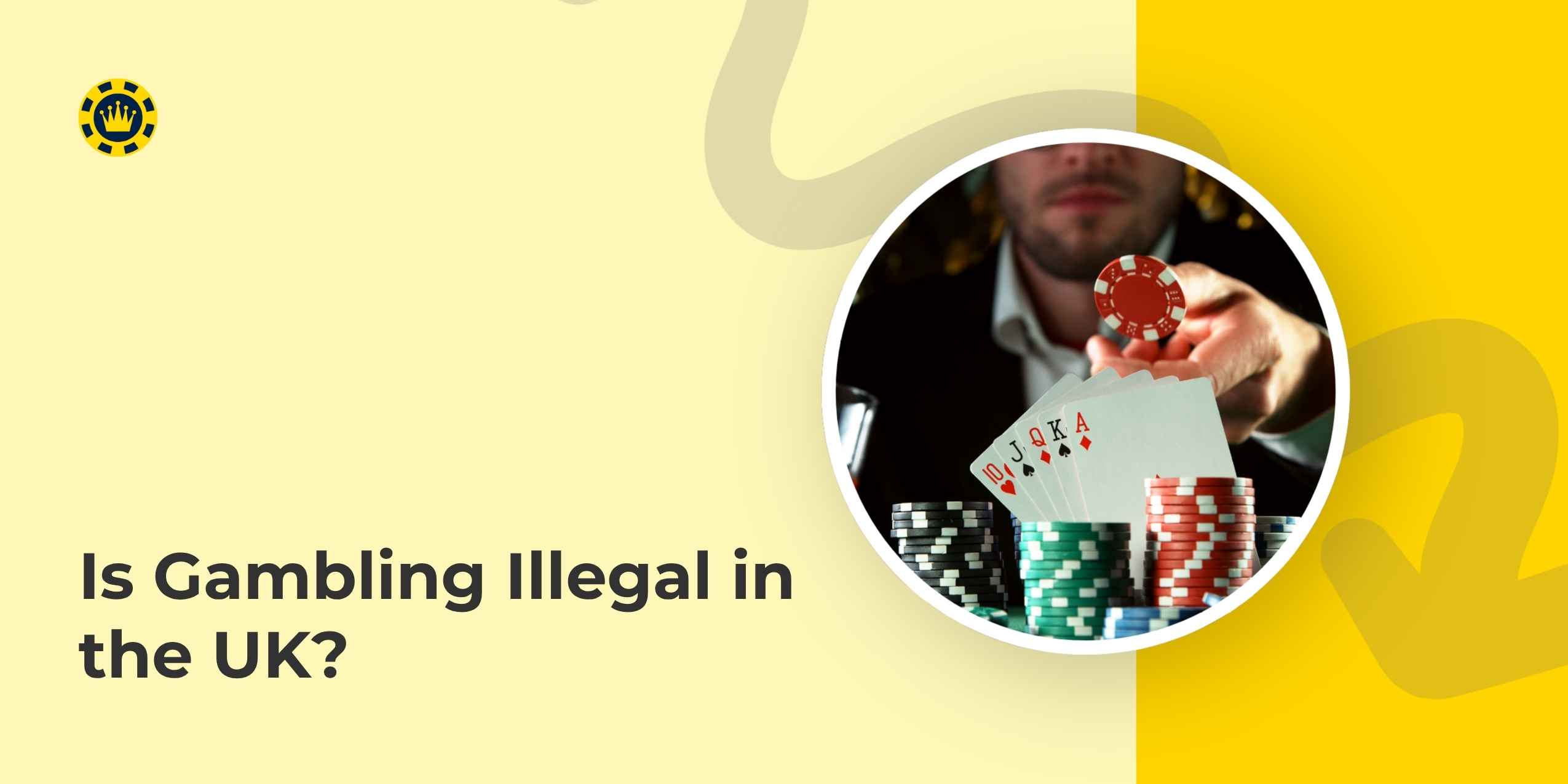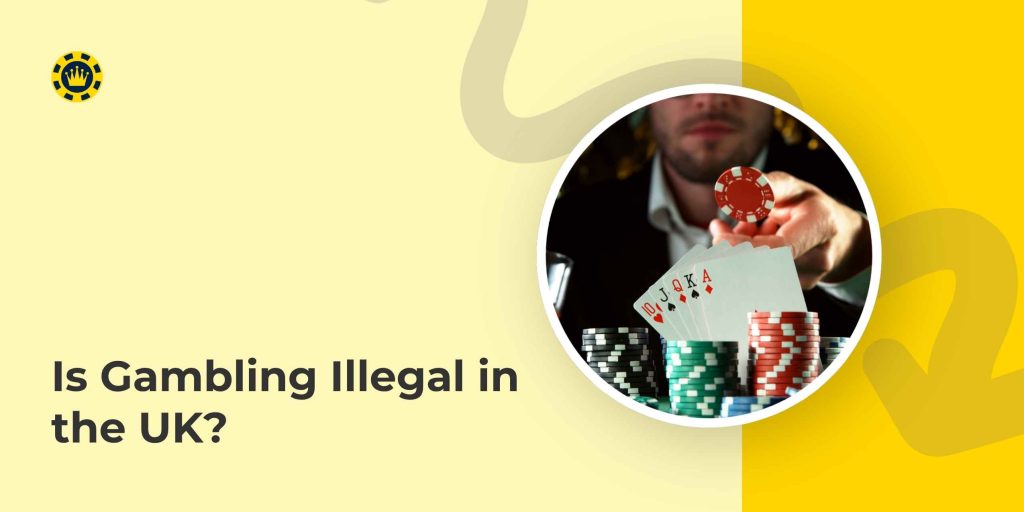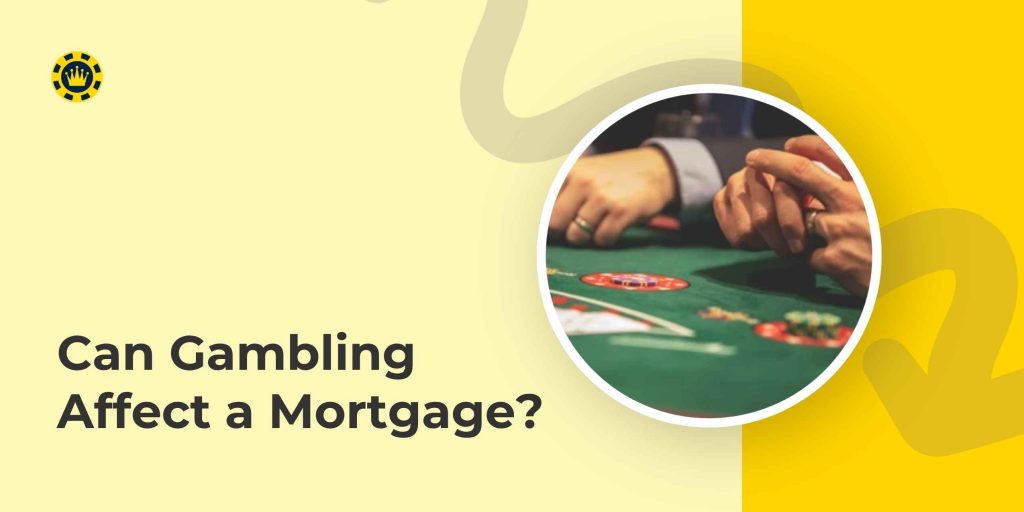Illegal gambling in the UK is often talked about, yet few people fully understand what’s actually against the law. The betting laws in the UK can seem confusing, especially with new gambling regulations coming in every few years.
In reality, most gambling is legal under strict UK gambling laws that keep games fair and players protected.
This legal guide explains how gambling laws in the UK work today and what makes a bet lawful or not, so readers can follow the rules with confidence.
The Short Answer: Legality of Gambling in the UK
Gambling is legal and well-regulated in the United Kingdom. The industry operates under the comprehensive framework established by the Gambling Act 2005, with oversight from the UK Gambling Commission.
Both land-based and online gambling activities are permitted, provided operators hold appropriate licenses and adhere to strict regulatory standards.
The legal framework aims to ensure fairness, prevent criminal activity, protect vulnerable individuals, and maintain the integrity of the industry.
The UK Gambling Act 2005 Explained
The Gambling Act 2005 stands as the foundation of the UK’s gambling regulatory framework.
This legislation revolutionized and modernized gambling laws in Great Britain (England, Scotland, and Wales), replacing outdated regulations with a comprehensive system designed for the modern gambling landscape.

The Act identifies three primary licensing objectives that form the core of gambling regulation:
1. Preventing gambling from being a source of crime or disorder: Including robust anti-money laundering protocols and measures against fraud.
2. Ensuring gambling is conducted fairly and openly: Enforcing standards for game integrity and transparency.
3. Protecting children and vulnerable individuals from gambling-related harm: Implementing age verification and responsible gambling measures.
The Act’s scope encompasses virtually all forms of gambling, from traditional casino games to online betting platforms, defining key terminology such as “betting,” “lottery,” and “prize.”
What Forms of Gambling are Legal in the UK?
The UK permits numerous gambling activities under proper licensing and regulation:
1. Casinos
Operate with premises licenses from local authorities and operating licenses from the UK Gambling Commission (UKGC). They offer table games like blackjack and roulette, as well as electronic gaming machines. Casinos are classified as small, large, or converted (pre-2005), each subject to different regulations.
2. Sports Betting
Includes fixed-odds betting, pool betting, betting exchanges, and spread betting. Licensed bookmakers provide services both in physical shops and online.
3. Lotteries
Encompass the National Lottery, society lotteries, local authority lotteries, and private lotteries, such as those for workplaces, residential groups, or customers.
4. Bingo
Bingo halls operate with appropriate licenses and offer traditional paper-based bingo alongside electronic versions.
5. Gaming Machines
Categorized into types A to D based on the stakes and prize limits. Different types are allowed in specific venues such as casinos, betting shops, pubs, and amusement arcades.
6. Pools Betting
Involves predicting the outcomes of multiple matches, where winnings come from pooled stakes and can result in large prizes from small bets.
7. Remote Gambling (Online)
Fully legal for operators holding a UKGC license, regardless of where the company is based. These operators must comply with the Remote Gambling and Software Technical Standards to ensure fairness, player fund protection, and responsible gambling features.
Who Oversees the Legality Of Gambling in The UK?
The UK Gambling Commission (UKGC), established under the Gambling Act 2005, serves as the primary regulatory body for the gambling industry.

As an independent, non-departmental public body sponsored by the Department for Culture, Media and Sport, the Commission bears responsibility for licensing operators and ensuring compliance with regulatory standards.
The Commission’s key responsibilities include:
- Issuing operating licenses to gambling companies.
- Setting and enforcing license conditions.
- Investigating and prosecuting illegal gambling activities.
- Advising the government on gambling-related issues.
- Protecting players through consumer protection measures.
- Ensuring gambling remains fair and transparent.
- Preventing gambling from supporting criminal activities.
- Developing and implementing responsible gambling initiatives.
In December 2023, the Commission launched a new ‘Tell us something in confidence‘ service to enable reporting of criminal and suspicious activity in the gambling industry, allowing anonymous submissions of supporting information such as photographs and documents.
The Commission maintains rigorous oversight through regular audits, investigations, and enforcement actions, including substantial financial penalties for non-compliance.
Understanding the Risks of Gambling In The UK
The UK’s regulatory framework aims to create a safer gambling environment, but inherent risks remain.

The UKGC has implemented multiple measures to protect consumers and keep gambling safe in the UK. Here’s how:
- Mandatory player protection checks for high-spending accounts.
- Prohibition of credit card use for gambling transactions.
- Requirements for operators to identify and intervene with customers showing signs of harmful gambling.
- Self-exclusion systems allow players to restrict their access to gambling.
- Mandatory deposit limits and cooling-off periods.
- Strict advertising standards prevent the targeting of vulnerable individuals.
Despite these safeguards, gambling carries inherent risks, including financial loss, addiction, and associated mental health impacts.
The UK approach emphasizes informed choice and responsible participation, with operators required to provide clear information about risks and accountable gambling tools.
What Makes Gambling Illegal in the UK?
While gambling is broadly legal in the UK, several activities and practices remain illegal. Such as:
Operating Without a License
Providing gambling facilities without appropriate licensing from the UK Gambling Commission constitutes a criminal offense. This applies to physical establishments like unlicensed casinos or betting shops and online operators targeting UK customers without UKGC licensing.
Underage Gambling
Permitting underage individuals to gamble represents a serious violation of UK gambling law. Operators must implement robust age verification processes, with significant penalties for failures in this area.
Unlicensed Remote Gambling
Online gambling operators must hold a UKGC license to legally offer services to UK residents, regardless of where the operator is based. The Gambling Commission actively monitors and takes enforcement action against unlicensed operators targeting the UK market.
Cheating and Fraud
The Gambling Act explicitly criminalizes cheating at gambling, whether by players or operators. This includes manipulating games or using technology to gain unfair advantages.
Money Laundering
Gambling operations are required to implement anti-money laundering (AML) measures under the Proceeds of Crime Act 2002.
Failure to implement adequate AML protections can result in criminal charges and license revocation.
For more on licensing requirements and fees, see this detailed information about the online gambling license cost in the UK.
Practicing Responsible Gambling in The UK Legally
Responsible gambling forms a cornerstone of the UK’s regulatory approach. All licensed operators must:
- Provide information about gambling risks and responsible gambling tools.
- Offer deposit limits, time-outs, and self-exclusion options.
- Train staff to identify and support customers showing signs of problematic gambling.
- Contribute to research, education, and treatment initiatives through the statutory levy.
For those experiencing gambling-related harm, several support organizations provide specialized assistance:
- GamCare operates the National Gambling Helpline (0808 8020 133).
- BeGambleAware offers free resources and treatment referrals.
- GAMSTOP enables simultaneous self-exclusion from all UKGC-licensed online operators.
- NHS gambling clinics provide specialist treatment in several regions.
The UK gambling framework imposes strict age verification requirements to protect younger individuals:
- Most gambling activities require participants to be at least 18 years old, including richest casinos, betting shops, bingo halls, and online gambling platforms.
- Limited exceptions include Category D gaming machines (found in family arcades) with no statutory age limit.
- The National Lottery and football pools also require participants to be 18 or older.
Licensed operators must conduct thorough identity and age verification before customers can deposit funds or gamble.
Irresponsible gambling can lead to serious financial consequences beyond immediate losses, potentially affecting credit scores through missed payments and limiting mortgage approval prospects through impaired affordability assessments.
Did You Know?
While gambling transactions don’t show up on credit reports, funding bets with credit cards or missing payments due to losses in gambling can hurt your credit score.
More About Gambling:
Conclusion: Legal Gambling In The UK Operates Within Clear Regulation
Gambling in the UK operates within a comprehensive legal framework that prioritizes consumer protection, crime prevention, and fairness.
Far from being illegal, gambling represents a regulated industry with clear standards and oversight mechanisms. The UK Gambling Commission actively enforces these standards, imposing significant penalties for non-compliance.
For individuals considering gambling activities, the legal status offers important protections, but personal responsibility remains essential.
As the industry continues to evolve, with regulatory changes like the 2023 ‘Tell us something in confidence’ service and the prohibition of credit card gambling, the UK remains committed to maintaining a balance between gambling accessibility and appropriate safeguards.
FAQs
Gambling becomes illegal when conducted without a license from the UK Gambling Commission or involves underage participants.
The UK Gambling Commission oversees all legal gambling operations, both online and offline.
Online gambling platforms are legal if they are licensed by the UKGC and comply with national regulations.
Most gambling activities require individuals to be at least 18 years old, with a few limited exceptions.
UK law enforces responsible gambling measures, including deposit limits, self-exclusion tools, and operator accountability.









